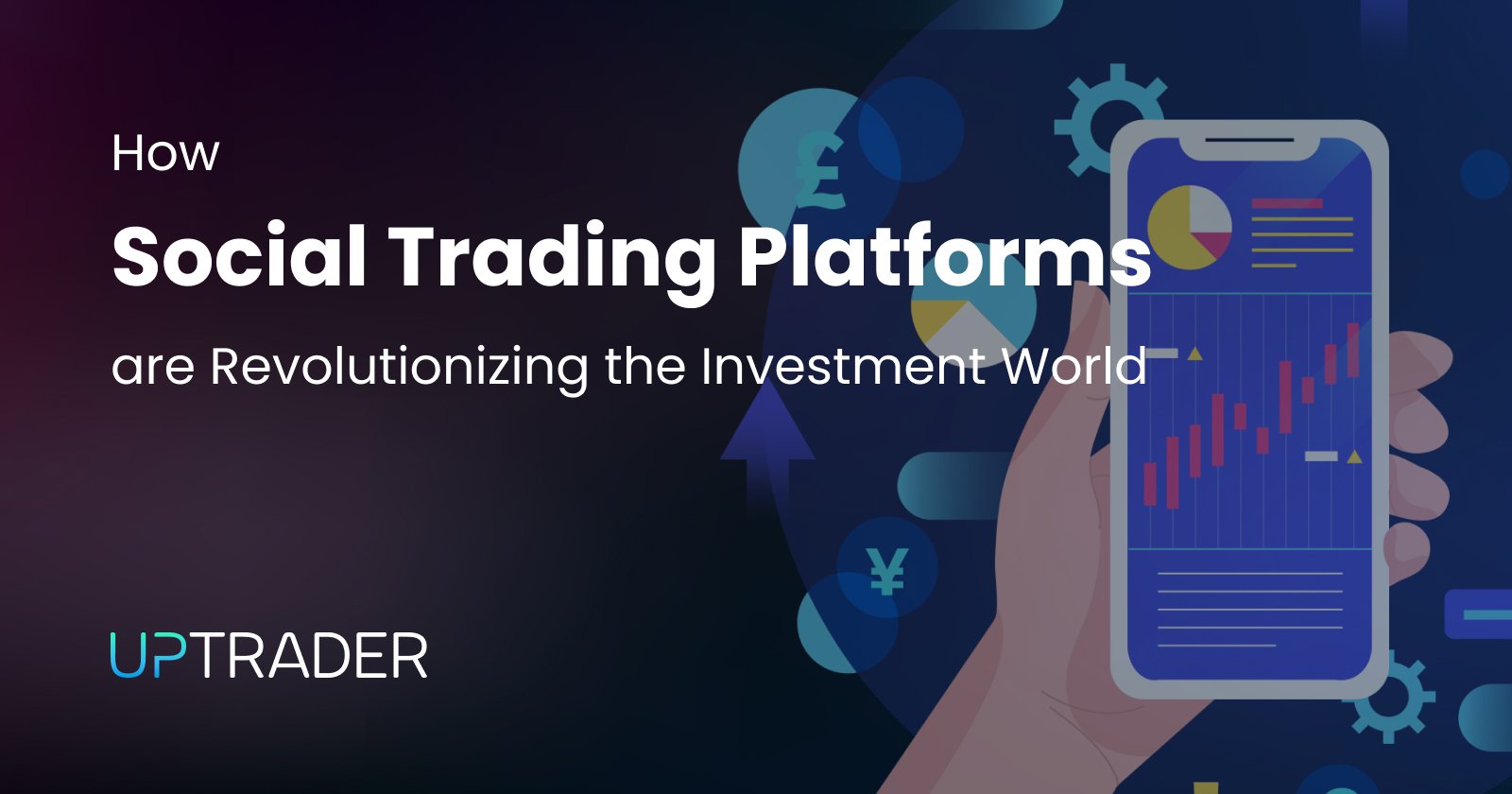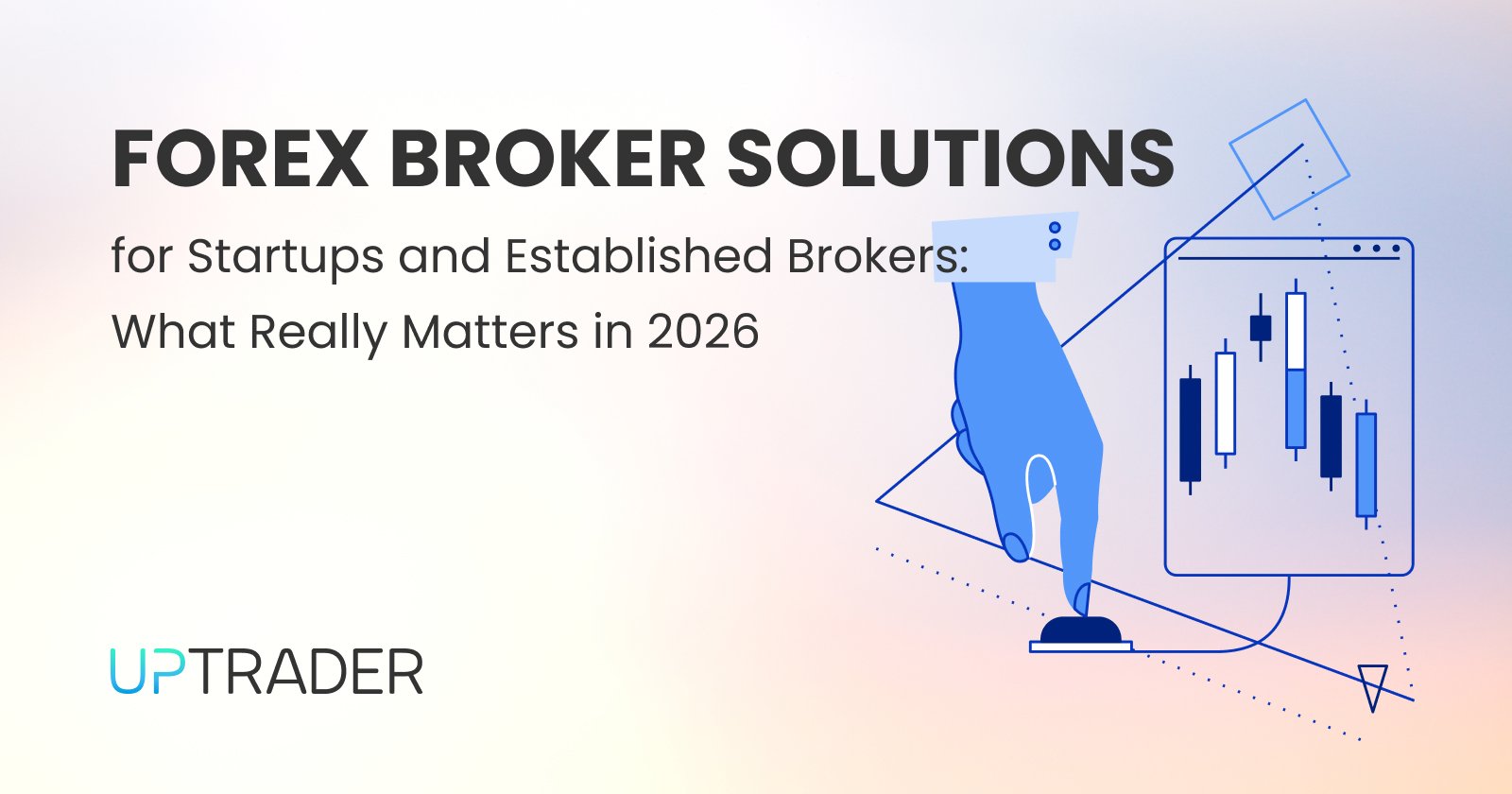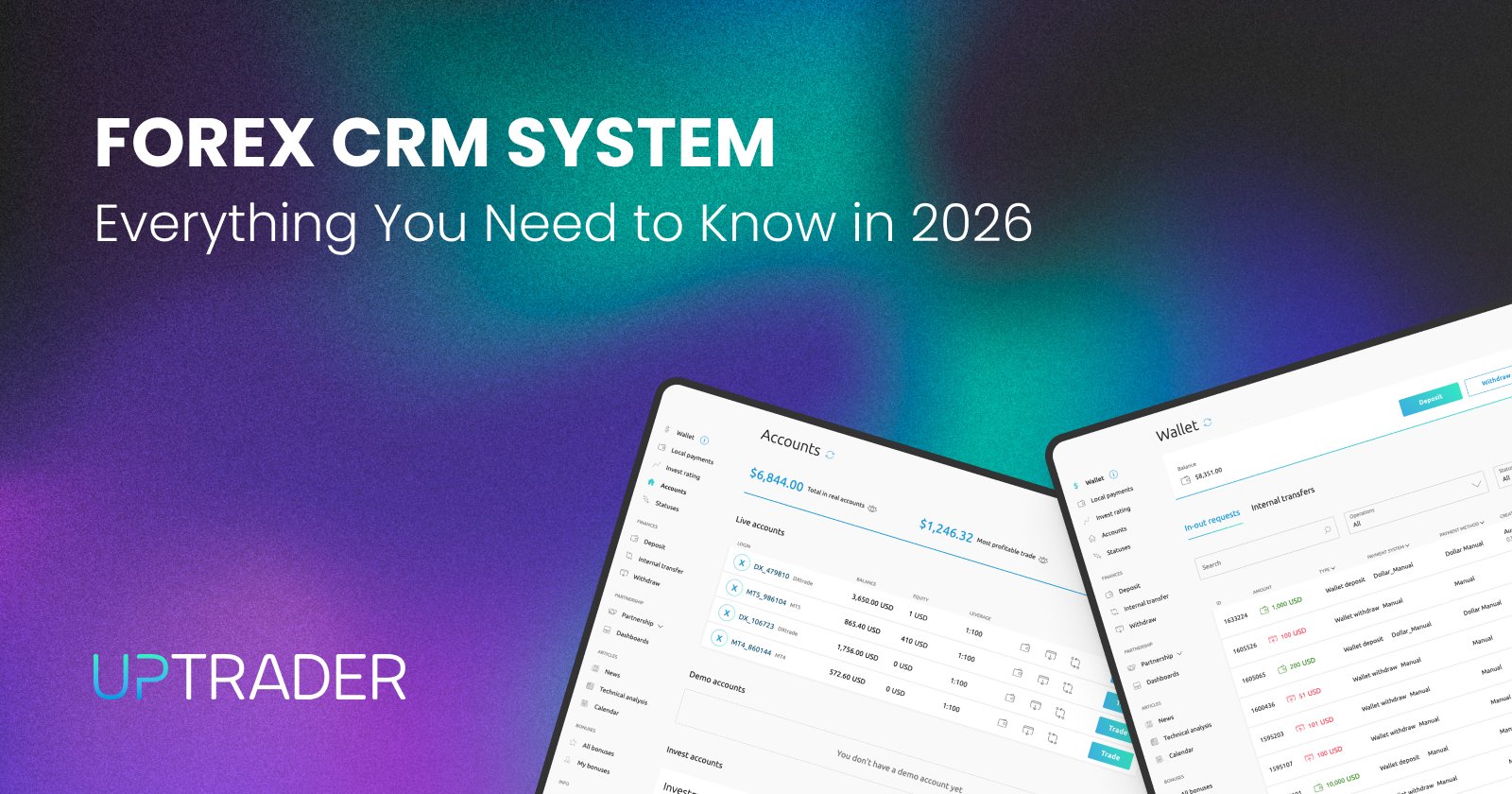How Social Trading Platforms Are Revolutionizing the Investment World

Share this publication:
In the past, the investment world was predominantly the domain of institutional investors, high-net-worth individuals, and professionals with years of experience in financial markets. High entry barriers were in place, as there was a need for a lot of capital, expert knowledge, and sophisticated financial tools. But the world has begun to change, and more specifically, the financial inclusion that technology and the internet have brought has contributed to this change. Investment social trading platforms are among those innovations that are revolutionizing the entire investment behavior.
This article explores the rise of social trading platforms, how they work, their benefits, potential risks, and their long-term impact on the investment world.
What Are Social Trading Platforms?
Social trading sites are online services that share trading ideas with a community of investors while trading stocks, commodities, currencies, or even cryptocurrencies. Such products allow the inexperienced investor to follow the more capable trader’s actions, and, in some loaded systems, even to automatically equal such actions. Social trading does not only involve trading as online trading, it also includes social network system development which enables the exchange of information, strategies, and decisions.
Some of the well-known ones are UpTrader, ZuluTrade, and Covesting. Such platforms enable users to see the trading performance of everyone else, chase after the successful trader, and implement the trader’s game plan in real-time. Social trading, as opposed to conventional online brokerage and investing, is that it enables interaction among its participants which lessens the difficulty of learning how to invest for the first time.
The Evolution of Social Trading Platforms
The concept of social trading has its roots in the early 2000s, but it was only with the rise of Web 2.0, social media, and mobile apps that it began to flourish. Social networks like Facebook and Twitter showed how powerful information-sharing in real-time could be, inspiring financial services companies to adopt a similar approach.
The launch of eToro in 2010 was a major milestone, as it became one of the first platforms to fully integrate social trading features. eToro allowed users to follow and copy the trades of others, marking the beginning of a new era where trading became less about individual expertise and more about community-driven strategies.
Today, social trading has evolved into a global phenomenon, with millions of users across various platforms participating in markets they once found inaccessible. This development has been particularly transformative in the retail trading space, enabling everyday people to tap into the collective wisdom of seasoned investors.
How Social Trading Platform Works
- Follow and Copy: Users are able to look at a catalogue of traders along with their historical performance, risk levels and trading records. After that, if a user sees a trader that has a strategy similar to their investment goals, they can opt to ‘copy’ their trades. Whenever the chosen trader takes any steps to make market transactions like buying or selling an asset, that action is performed in the user’s account as well.
- Performance Metrics: Social trading applications offer an array of statistics about the traders' performances. This includes the traders' win rates, their drawdowns, average returns, and overall risk profile. This way, the followers don’t have to guess and can rely on concrete evidence in determining who to copy.
- Community Interaction: Several platforms also support social elements where participants can engage in chats, comment, and send messages, and this is mostly to enable market and trend discussions as well as ask and answer questions. This encourages interaction and value addition as information flows in all directions.
- Automated Copying: If the user wants to copy a trader, the mechanics are simple and mostly done by the system. The system mechanically caters for the actions of the chosen trader to the user’s investment with the same proportion as capital the user has invested with the trader. The automation of this feature opens up opportunities for even inexperienced investors to engage in the markets without themselves looking after each trade made or having any knowledge concerning the markets.
- Customization and Control: Users still have the power to manage their portfolios and can also specify the amount of funds devoted to a trader or investment approach. They may also cease copying trades whenever they wish, for instance, in cases where the trader’s results are disappointing or when external conditions change.
Benefits of Social Trading Platforms
Social trading platforms have introduced several key advantages to the investment world, making investing more accessible, transparent, and collaborative. Here are some of the main benefits:
-
Lower Barriers to Entry
In today’s digital world, one of the most important aspects of social trading platforms is that they facilitate even the most inexperienced investors to start trading with ease. Historically, if you wanted to invest in financial markets, it would require great understanding, a lot of cash, and most importantly the capacity to process intricate data. Social trading makes this aspect easier since its users can follow and copy the trades of more experienced traders thereby minimizing the risks from their side and at the same time allowing those who wish to engage in trading the markets.
-
Learning Through Collaboration
To traders wishing to develop their knowledge and skills in trading, a social platform aspect is a great learning tool. Users get to watch other traders as they develop strategies and execute trades as well as how they manage risk and cope with the market. The inherent social characteristic of such a set up allows users to seek assistance, advice, ideas and enhance their skillful participation in trading.
-
Transparency
Social trading platforms provide a lot of trust as the users can view in real-time the other trader's performance and the strategies that they employ. This layer of transparency makes it easier for the users to know who is worth following and copying hence minimizing any biases. Potential investors have access to information regarding such metrics as historical performance, risk, and the respective trades carried out by such a user who they also intend to follow.
-
Diversification and Risk Management
Social trading platforms also promote diversification as users can copy several traders or strategies at any one time. Users can then spread their investments over traders who employ different classes of assets, regions, or even strategies. This ends up protecting the user from losses and improves the chances of enjoying profits from several avenues.
-
Access to Global Markets
Social trading platforms give users access to a wide range of global markets, including forex, stocks, commodities, indices, and cryptocurrencies. This broad access allows users to participate in markets that they may not have been able to trade in otherwise, providing opportunities for portfolio diversification and exposure to different asset classes.
-
Passive Income Opportunities
For more experienced traders, social trading platforms offer the chance to earn passive income by being copied. Many platforms reward top traders with a commission or fee based on the number of users copying their trades and the capital invested. This incentivizes skilled traders to share their strategies and performance publicly.
The Impact of Social Trading on the Investment World
The advent of social trading networks carries more than just changes in the way investment is viewed and practiced, especially among the retail investors. These services have given a face-lift to individual users by increasing the reach of financial markets and rendering them less intimidating. Individual investors who have not been engaged in the investment world previously due to its intimidating nature are now equipped with all the skills and materials required to compete in the market with professional market players.
Social trading has overtaken other forms of providing financial advice. Historically, whenever investors wanted to invest, it meant hiring out a professional financial advisor or wealth manager to do the investing on their behalf. Social trading networks help the investor to strategize with traders from different parts of the globe without incurring the costs associated with cottoning onto a professional who has such strategies.
Social trading networks have also enabled people to continue with their activities in the world. In areas where people have little or no access to conventional financial systems, these technologies provide an alternative means for people to earn money and integrate in the global markets. This is especially true for developing countries, where even low-income earners can afford mobile telephones, thus opening the financial markets to them.
More players in the market have also been spurred by social trading. Many of these investors are the younger ones, who have been slightly more welcoming to these platforms in due course due to the collaborative, social, and above all digital aspects of technology today. Indeed, the true characteristics of a social trading platform are preferred by many millennials and Gen Z investors, who no longer feel comfortable with the traditional brokerage firms, which are dark and uninviting as opposed to the active participation of the modern digital lifestyle.
Conclusion and Final Thoughts
Social trading platforms are a game-changer in the investment space as they enhance accessibility, transparency, and collaboration in financial markets. These platforms have propelled a melting-pot of investors into markets that were previously the domain of a select few and have brought down the traditional model of seeking financial advice. On the other hand, even as it is possible to find certain drawbacks to social trading, the benefits of learning from a community of traders, diversifying investments, and reducing barriers to entry are significant.
In the years to come, and with more innovations achieved, it is expected that social trading platforms will continue taking a bigger market share in investing activities, giving users new ways and chances to increase their wealth in the ever-changing market.
Ready to take your trading to the next level? Join UpTrader and discover the power of social trading! Learn from top traders, copy their strategies, and trade with confidence. Sign up today and start trading smarter with UpTrader – your ultimate social trading platform.







